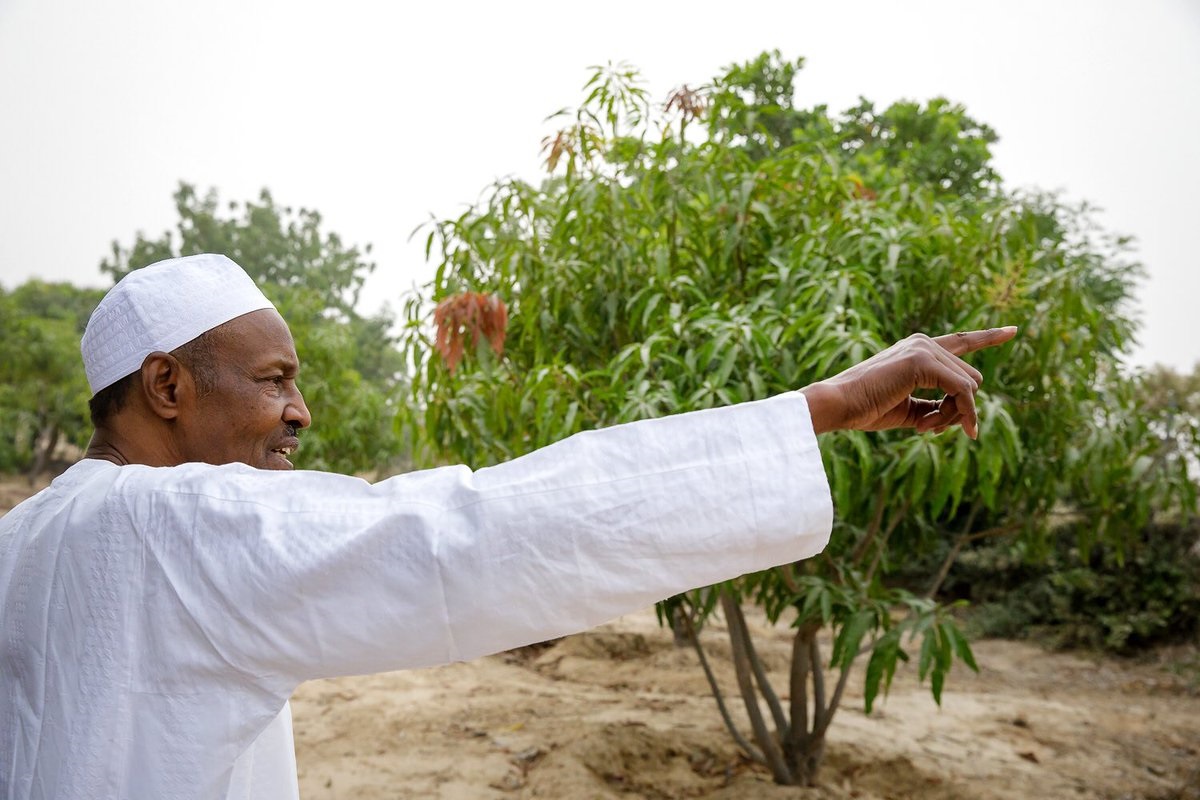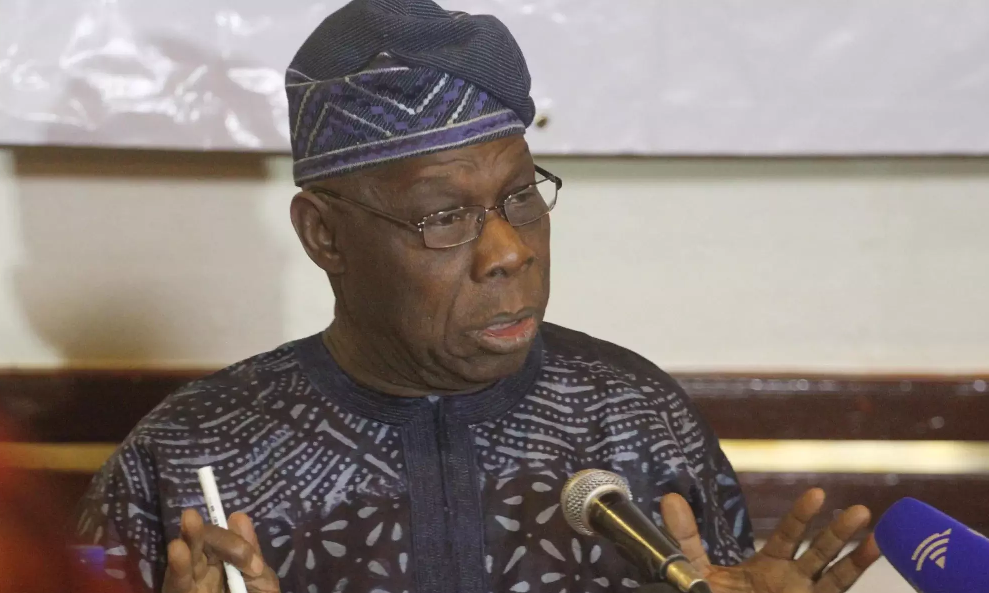Even in the 21st century, agro-allied exports constitute the backbone of the world’s most industrialized as well as developing nations. This gives food for thought to Nigerian policy makers at the apex level to accord due recognition to export promotion in the economic policy framework- literally a low hanging fruit, to rekindle the economy.
According to World Trade Organization statistics, in 2016 the export of agricultural products from Top 10 countries amounted to US$1,159 billion with an annual growth of 5% during 2006-16. The European Union was the highest exporter at US$ 598 billion. India which has to feed its 1.3 billion people, exported US$ 34 billion of agricultural products. Consider a few examples from our African peers and we may get some inspiration. In 2014, Kenya, Ghana and Ethiopia exported over US$ 3 billion worth of agricultural products each whereas South Africa’s exports were US$ 11.3 billion.
The government of Nigeria has emphasized consistently and rightly so the need to develop the agricultural sector in general and boost non-oil exports in particular. However more needs to be done to beyond this swansong to realize this potential. It’s remarkable that non-oil exports from Nigeria, which reached a peak of US$ 3 billion in 2013, are largely agro-allied. According to OPEXA, a think-tank of the non-oil sector, over 11 million Nigerian earn their livelihood from non-oil exports, directly and indirectly. These exporters have invested in processing capacity by installing modern plants for export to highly sophisticated markets such as the European Union, Japan and America.That said, it is widely recognized that our exports lack price competitiveness due to high cost of infrastructure and logistics as I alluded to in my column last week.
Let me illustrate for example with a crop like soya beans. This crop is a crop well suited for Nigeria as it is a more weather, disease and pest tolerant crop and by extension a very excellent rotational crop(with Corn, Sorghum or Cotton) and despite the fact that Nigeria is one of the largest producers in Sub-Saharan Africa, the size of the crop is relatively small-less than 500,000 tonnes. This is primarily due to the lack of market liquidity, providing a limited incentive to the farmer to grow the crop. The need for incentives cannot be over emphasized and there is a significant opportunity to close the production as well as yield gap by government providing proper incentives thereby boosting farmer income and creating a virtuous cycle for continuously growing the sector. This can be replicated across the numerous Agricultural value chains of Cocoa, Cashew, Sesame, Maizeetal.
Advertisement
As a nation we are already disadvantaged from a cost perspective due to anomalies in the area of infrastructure, Power, and sometimes monetary and fiscal distortions which impede our competitiveness and which only incentives like the Export Expansion grant can help cushion.
It is a well known fact that most developing and even developed countries provide incentives to boost exports. Our government must be commended for reviving the EEG (Export Expansion Grant) scheme which helps to cushion some of the cost disadvantages faced by Nigerian exporters. However, the government needs to walk the talk by translating the announcements and intentions into action rapidly to regain credibility. The exporters are still suffering due to shortage of liquidity as funds are blocked. What must happen? Two actions are needed: 1) Issuance of promissory notes to exporters to clear the backlog and 2) Allocating a realistic budget for the export expansion grant. An allocation of N 18 billion in the 2018 Budgetary estimate is grossly inadequate and inconsistent with actual exports. Based on current exports, the annual allocation should be in the range of 70-80 billion naira at least. We cannot be talking of boosting exports and paring down export promotion. We must commend the government for revamping the scheme in early 2015 and following through with a document that charts the course moving forward in terms of a policy framework. What must be encouraged is the political and legislative will and muscle to push the needle. The amount budgeted for 2016 was not disbursed in 2017 and the initial enthusiasm that greeted the policy seems to be waning over the last two years as no disbursement has happened since then.
Incentives, waivers and grants are necessary stimuli for Agricultural and by extension economic growth. Any nation that wants to deepen its non-oil exports and revenues particularly with a mono –product economy in our case Oil can only achieve this with a basket of incentives for players in the sector and this must be far reaching and be long term in nature and scope. One of our challenges as a Nation is our constant policy flip flops which do not help long term investments and consequently stunt economic growth
Advertisement
My ‘Prayer’ is that we must strive for the provision of incentives in the promotion of non-oil exports and for it to be recognized as a policy imperative to get us at least to the level of the top five exporting countries in Africa. It is not a pipe dream, neither is it wishful thinking. Hopefully the Policy makers are listening and will respond to this clarion call. Nigerians look forward with bated breath as time is far gone.We must match words with action if we are to be reckoned with in the comity of nations.
Views expressed by contributors are strictly personal and not of TheCable.
1 comments







Great article. In addition, I’m of the opinion that before we focus extensively on export, government needs to put in place policies that encourage meeting of local demands. I had series of interviews with players in the leather sub-sector and most of them are oblivious that our local tanneries produce quality tanned hide and skin for local manufacturing companies. To produce finished leather products, the smaller players usually buy expensive imported leather from Mushin. So, I suggest that government develops policies to ensure proper of resources to grow our local manufacturing companies and sufficient enough to generate forex.